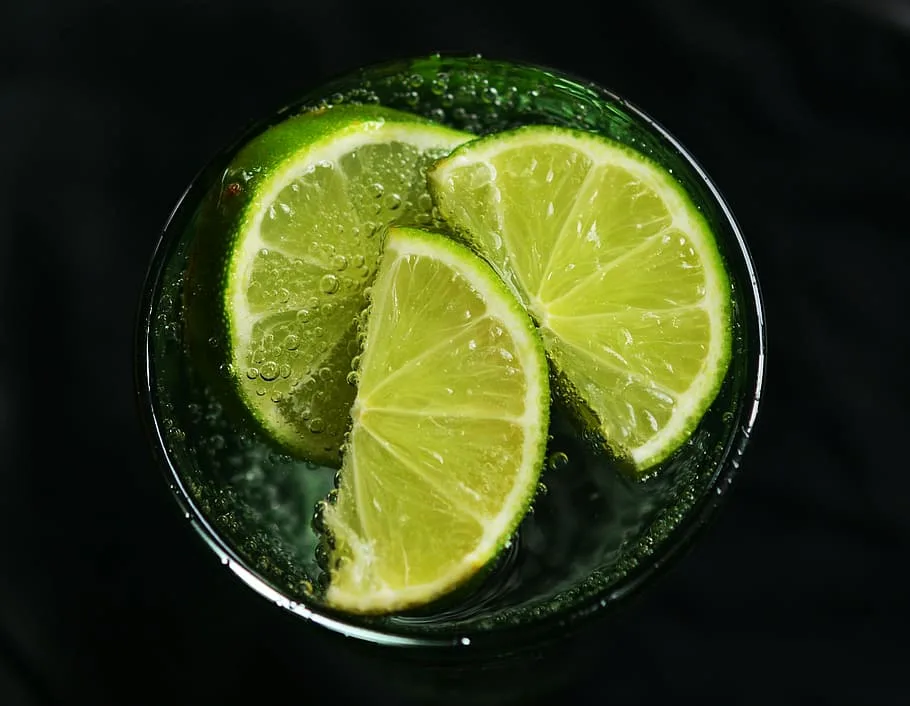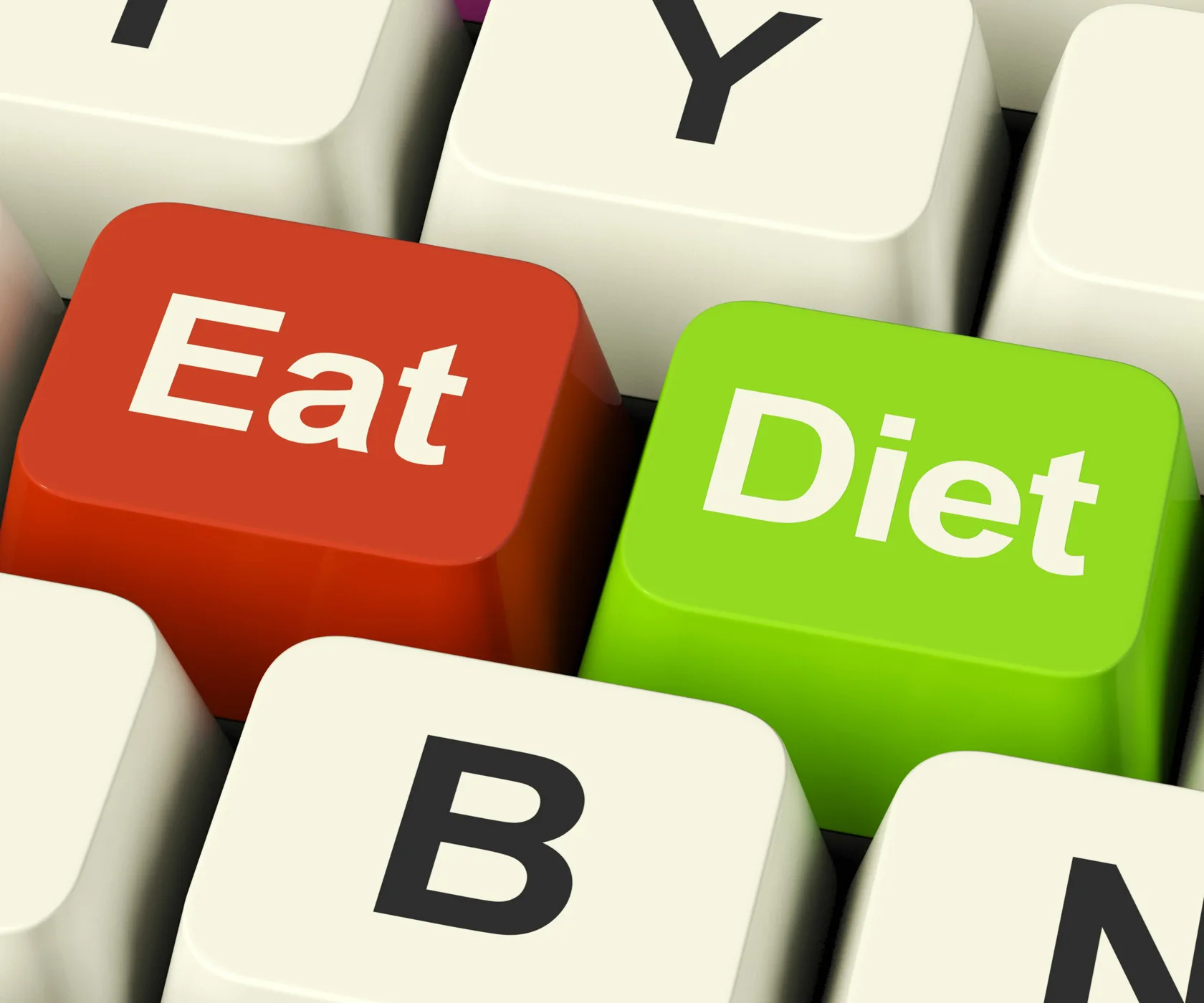Welcome back to another edition of ‘Water Wednesday’! Get ready to dive into a refreshing exploration of hydration and its profound connection to appetite control. In this series, every Wednesday, we’ll unveil the science behind how water can be your secret weapon in curbing overeating and achieving your weight loss goals. Join us as we quench your thirst for knowledge and empower you to make smarter choices with the help of water.
Hydration is a vital aspect of our health. Still, many people overlook its power in managing appetite and promoting weight loss. The connection between drinking water and appetite control is more important than you think.
When our bodies are well-hydrated, we can better distinguish between the feelings of hunger and thirst. In fact, often when we think we’re hungry, we’re actually just thirsty. By staying on top of our hydration, we can minimize unnecessary snacking and overeating.
Water is not a magic weight loss cure. It’s a tool we can use to help us control our appetite, eat less, and lead healthier lifestyles.
So, let’s explore how staying hydrated can help us control our appetites and eat less.
Hydration and Appetite Control: How Water Can Help You Eat Less
How Water Can Help Control Appetite
Water is not only essential for our overall health, but it can also play a crucial role in appetite control. By understanding the benefits of water as a natural appetite suppressant and its role in reducing hunger, you can harness its power to curb unnecessary snacking and support your weight management goals.
Water as a Natural Appetite Suppressant

Water serves as a simple, yet effective, tool in managing your appetite. When consumed before meals, it can create a feeling of fullness, reducing the amount of food you consume. This is especially true when you drink water instead of calorie-dense beverages, such as sugary sodas or juices. By substituting these high-calorie options with water, you can reduce your overall calorie intake and support weight loss efforts.
The Role of Water in Reducing Hunger

Dehydration can often be misinterpreted as hunger, leading to unnecessary snacking and overeating. By staying properly hydrated throughout the day, you can avoid this confusion and better control your appetite. Drinking an adequate amount of water helps maintain optimal bodily functions, including digestion. When your body is properly hydrated, it can metabolize food more efficiently, leading to a more balanced feeling of hunger and satiety.
Drinking Water to Curb Unnecessary Snacking

One common reason for snacking is boredom or mindless eating. By substituting snacks with a glass of water, you can redirect your attention and avoid unnecessary calorie consumption. Additionally, staying hydrated can help curb cravings for sugary or salty snacks, as these cravings can sometimes be a result of dehydration rather than genuine hunger. Next time you feel the urge to snack, try reaching for a glass of water instead.
Incorporating more water into your daily routine can be a simple yet effective approach to appetite control. By understanding the natural suppressant qualities of water, its role in reducing hunger, and using it to curb unnecessary snacking, you can take a step towards healthier eating habits and support your weight management goals.
Remember, water should not be viewed as a magical solution for weight loss, but rather as a helpful tool in overall appetite control. Combine it with a balanced diet and regular exercise to achieve optimal results.
Water’s Impact on Calorie Burning
When it comes to weight loss, many people focus solely on their diet and exercise routine. However, one often overlooked aspect of weight management is the role that water plays in calorie burning. In this section, we will explore how drinking water can impact energy expenditure and contribute to a more efficient weight loss journey.
Water’s Effect on Energy Expenditure
Research suggests that drinking water can actually increase the number of calories your body burns. In a study conducted in 2014, participants who consumed 500 milliliters of cold or room temperature water experienced a slight increase in their energy expenditure^1^. This means that their bodies burned more calories than usual in the 90 minutes following water consumption.
Additionally, drinking cold water may further enhance these calorie-burning benefits. When you consume cold water, your body expends energy to heat it up for digestion, resulting in even more calories burned^1^. So, by simply staying hydrated and opting for cold water, you can boost your calorie-burning potential.
The Benefits of Drinking Cold Water
In addition to increasing energy expenditure, drinking cold water can have other positive effects on weight loss. For starters, cold water can act as a natural appetite suppressant. When you drink cold water, it can help create a feeling of fullness, reducing your hunger and preventing unnecessary snacking^1^.
Moreover, cold water has been found to increase the body’s resting energy expenditure, which refers to the number of calories burned while at rest^1^. This means that even when you’re not engaged in physical activity, your body can burn more calories if you regularly consume cold water.
Water’s Contribution to Resting Energy Expenditure
Resting energy expenditure, or the number of calories burned at rest, is an important factor in weight management. Studies have shown that water can have a positive impact on resting energy expenditure, leading to more efficient calorie burning^1^.
By staying properly hydrated, you can ensure that your body’s organs, including the kidneys, are functioning optimally. When the body is dehydrated, it may struggle to remove waste as urine or feces, resulting in water retention and potential digestive issues^1^. However, by drinking enough water, you can support kidney function and aid in the removal of waste, allowing your body to operate more efficiently and burn calories effectively.
In conclusion, water plays a crucial role in calorie burning and weight management. By consuming enough water, particularly cold water, you can increase your energy expenditure, suppress your appetite, and support your body’s natural waste removal process. So, next time you’re aiming to lose weight, don’t forget to prioritize hydration and reap the benefits it offers.

Hydration and Appetite Control: How Water Can Help You Eat Less
Water’s Role in Waste Removal
Water plays a crucial role in waste removal within our bodies. It affects kidney function, prevents constipation, and aids in digestive recovery. Let’s explore each of these aspects in more detail.
Water’s Impact on Kidney Function
Did you know that water is essential for maintaining healthy kidney function? The kidneys are responsible for filtering waste products from the blood and excreting them through urine. In order to perform this function efficiently, the kidneys require an adequate amount of water.
When you are dehydrated, your kidneys struggle to remove waste effectively, leading to a buildup of toxins in the body. This can result in various health issues, including kidney stones and urinary tract infections. By staying hydrated and drinking enough water throughout the day, you can support optimal kidney function and promote the efficient removal of waste products from your body.
Water’s Ability to Prevent Constipation
Another way water helps with waste removal is by preventing constipation. When you don’t consume enough water, your stool can become hard and difficult to pass. This can lead to discomfort and even more serious conditions such as hemorrhoids.
By drinking an adequate amount of water, you can keep your digestive system functioning smoothly and prevent constipation. Water softens the stool, making it easier to pass through the intestines. It also helps to keep the digestive tract properly lubricated, reducing the likelihood of blockages and promoting regular bowel movements.
Water’s Aid in Digestive Recovery
Water is also beneficial for digestive recovery, particularly after a heavy meal or during times of digestive distress. If you’ve overindulged in a large meal or consumed foods that don’t agree with your stomach, drinking water can help alleviate discomfort and support the recovery process.
Water helps to flush out any lingering toxins or irritants in the digestive system, providing relief from symptoms such as bloating, indigestion, and heartburn. It also aids in the absorption of nutrients from the food you’ve consumed, ensuring that your body receives the necessary nourishment.
Image: Placeholder for an image depicting a glass of water and a kidney to represent water’s impact on kidney function.
Incorporating adequate hydration into your daily routine is crucial for waste removal and overall well-being. By understanding water’s role in kidney function, its ability to prevent constipation, and its aid in digestive recovery, you can make informed choices about your hydration habits.
Remember, maintaining proper hydration is not only important for waste removal but also for many other bodily functions. Stay tuned for the next sections of this article, where we will explore more ways in which water can help you control your appetite and achieve your weight loss goals.
Stay tuned for the next sections on “Water’s Impact on Appetite Suppression” and “Water’s Role in Boosting Metabolism.”
Please note that the information provided in this article is for educational purposes only and should not replace professional medical advice. If you have any concerns about your health, consult with a healthcare professional.
Learn more about the importance of hydration and kidney health
Find tips for preventing constipation
Water’s Influence on Liquid Calorie Intake
The Accrual of Liquid Calories
When it comes to weight loss, many people focus solely on their food intake and forget to consider the calories they consume through beverages. The truth is, liquid calories can add up quickly and have a significant impact on your overall calorie intake.
Sugary drinks like soda, fruit juices, and energy drinks are loaded with calories and offer little to no nutritional value. These beverages often contribute to weight gain and can sabotage your weight loss efforts. That’s because liquid calories are not as satisfying as solid food, and people tend to consume them in addition to their regular meals.
Think about it: a single can of soda can contain as many as 150 calories, which is equivalent to eating a small bag of chips. If you regularly consume multiple drinks throughout the day, those liquid calories can easily push you over your daily calorie needs and lead to weight gain.
Replacing High-Calorie Drinks with Water for Weight Loss
One of the simplest and most effective ways to reduce your liquid calorie intake is by replacing high-calorie drinks with water. Not only is water calorie-free, but it also offers numerous health benefits.
Water is a natural appetite suppressant that can help you feel full and satisfied, leading to a reduction in overall calorie consumption. In fact, research suggests that drinking water before a meal can decrease food intake by up to 22%^1^. By hydrating adequately, you can avoid mistaking thirst for hunger and prevent overeating.
Moreover, water is the ultimate no-cost option for hydration. By choosing water over sugary beverages, you can save money and cut down on unnecessary calories. This simple swap can make a significant difference in your weight loss journey.
The Long-Term Weight Loss Benefits of Choosing Non-Caloric Drinks
Choosing non-caloric drinks, such as water, over high-calorie alternatives not only aids in immediate weight loss efforts but also has long-term benefits. By consistently opting for non-caloric drinks, you can form healthy habits that support sustainable weight management.
Regularly consuming sugary beverages can lead to a cycle of cravings, as the high sugar content can trigger addictive behaviors in the brain. On the other hand, drinking water and other non-caloric drinks helps break this cycle by reducing the desire for sweet and sugary flavors.
Additionally, when you replace high-calorie beverages with water, you create room in your diet for more nutrient-dense foods. Filling up on water instead of sugary drinks means you have more space for fruits, vegetables, whole grains, and lean proteins, which are essential for a balanced and nutritious diet.
In conclusion, being mindful of your liquid calorie intake can have a significant impact on your weight loss journey. By replacing high-calorie drinks with water, you can reduce your overall calorie consumption, improve satiety, and foster long-term healthy habits. So, make a conscious effort to hydrate with water and reap the weight loss benefits.
To sum this up
Drinking water can be an effective tool for appetite control and weight management. Research shows that water is a natural appetite suppressant, as it fills up the stomach and creates a feeling of fullness. By drinking water before meals, unnecessary snacking can be curbed, leading to reduced calorie intake.
Furthermore, drinking water has been found to increase calorie burning. Studies have shown that consuming cold water can temporarily boost the body’s resting energy expenditure, resulting in the burning of more calories. This can contribute to weight loss over time.
Water also plays a crucial role in removing waste from the body. When the body is dehydrated, waste removal becomes less efficient, leading to issues such as constipation and bloating. By staying hydrated, the body can effectively flush out waste, preventing unnecessary weight gain.
Moreover, drinking water can help reduce overall liquid calorie intake. Many high-calorie beverages, such as soda and sweetened drinks, can contribute to weight gain. By replacing these with water or other no-calorie alternatives, individuals can lower their calorie intake and support long-term weight loss.
Incorporating adequate water consumption into our daily routines can have numerous benefits for appetite control and weight management. It is a simple yet powerful strategy that can support overall health and well-being. So let’s make sure to prioritize hydration and reap the rewards of a healthy and balanced lifestyle.
Thank you for reading this post, don't forget to subscribe to our free newsletter
!
